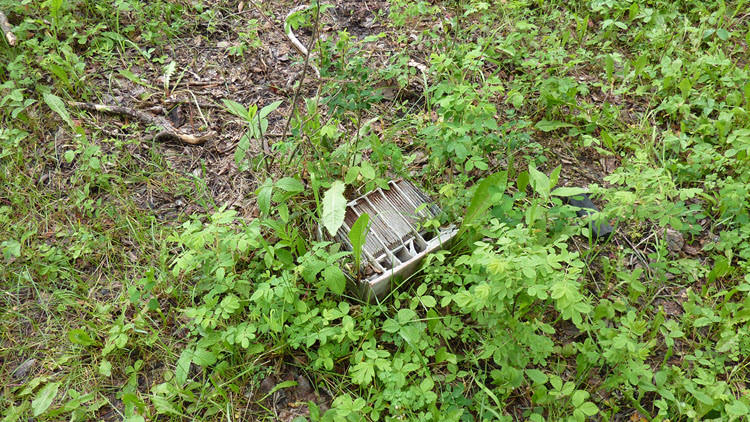See event listings and more articles in this edition of Agri-News: April 11, 2022 issue
“Discarded batteries that have gone through several freeze-thaw cycles and no longer have intact cases are the most dangerous,” says Dr. Joe Kendall, veterinary toxicologist with the Alberta government. “The lead plates are exposed and easily accessible by the animals.”
He says that young calves are particularly attracted to the salty taste of lead and will actively seek it out.
“Cattle that have consumed toxic levels of lead will exhibit seizures and sudden death. They may appear blind and wander aimlessly. Cattle that have consumed smaller amounts of lead will appear normal, but the lead levels in the body may make the meat and milk unsafe for human consumption until the lead has been eliminated. Animals that have died from lead toxicity must be safely buried on farm or landfilled to prevent lead toxicity in wildlife.”
Dr. Kendall adds that most cases of lead exposure and poisoning in cattle that have been reported to the Office of the Chief Provincial Veterinarian have occurred in cattle grazing on pasture.
“Lead exposure or poisoning, along with other toxins, must be reported to the Office of the Chief Provincial Veterinarian. It is important to reduce the risk of contamination of pasture and farmland with lead and to be diligent about keeping an eye out for any signs of buried batteries or other sources of lead.”
Before turning cattle out on land that has recently changed hands, is newly rented or fallow ground it is important to check closely for evidence of old batteries.
Abandoned and discarded batteries are usually found around abandoned vehicles and farm machinery, old dumps and disposal sites, homesteads, outbuildings and along fence lines.
If the batteries have broken open, it is important to do a thorough job cleaning up not only the lead plates but also the soil around the battery.


Used lead acid batteries should be safely disposed at collection stations across the province. Go to Recycling Council of Alberta to find the nearest location to dispose spent lead acid batteries.
For more information, see:
Sign up for Agri-News
Start every Monday with the week’s top agricultural stories and latest updates.
Read about all things agriculture at Alberta.ca/agri-news